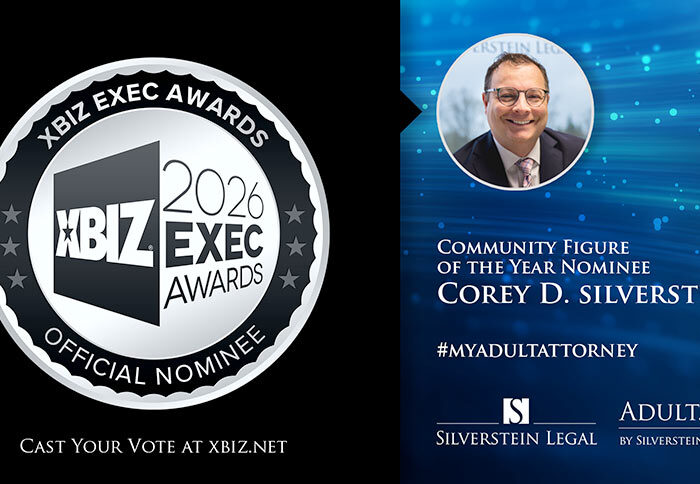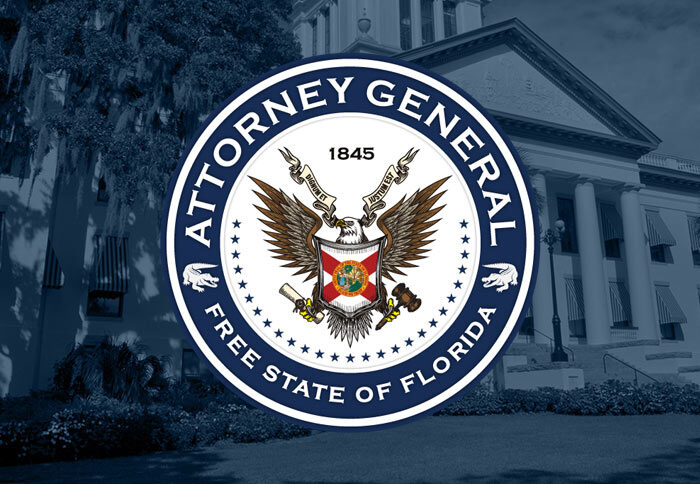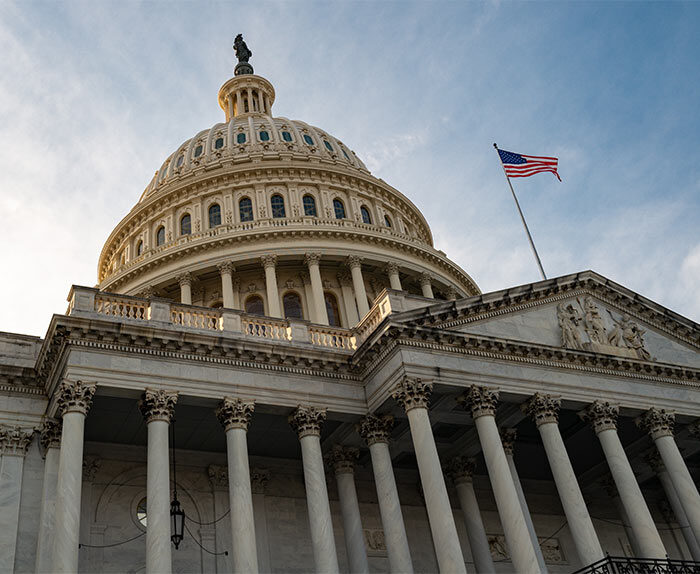Intelligent, iconic, and feisty, the industry’s premier attorney has been aptly nominated for XBIZ’s ‘Community…

On July 8, 2025, just days before enforcement was set to begin, the U.S. Court of Appeals for the Eighth Circuit vacated the Federal Trade Commission’s “Click-to-Cancel” Rule — officially known as the Rule Concerning Subscriptions and Other Negative Option Plans. The court’s decision came in response to consolidated petitions challenging the rule’s scope, legality, and procedural underpinnings.
While the rule faced several lines of attack, the Eighth Circuit ruled decisively on procedural grounds, holding that the FTC failed to conduct the required preliminary regulatory analysis after underestimating the rule’s economic impact. Specifically, the FTC initially claimed the rule would impose less than $100 million in annual compliance costs — a critical threshold for determining whether additional economic analysis is required. Even after an administrative law judge later concluded in April 2024 that the rule would exceed that impact, the agency declined to revise its approach or provide the required analysis. This procedural misstep proved fatal.
In their dissent from the rule’s final issuance in November 2024, now-Chairman Andrew Ferguson and Commissioner Melissa Holyoak criticized the rulemaking as a “race to cross the finish line” that attempted to apply broad consumer protection mandates to the “entire American economy.” The Eighth Circuit stopped short of addressing those substantive concerns but agreed the process was fundamentally flawed.
What This Means for Businesses
Although the ruling halts nationwide enforcement of the FTC’s new requirements — including the “click-to-cancel” mandate — it does not eliminate the need for compliance with existing laws, including:
- The Restore Online Shoppers’ Confidence Act (ROSCA), which already requires clear disclosure, affirmative consent, and simple cancellation mechanisms for online negative option programs.
- The Telemarketing Sales Rule (TSR), which governs similar practices in telephone sales.
- State automatic renewal laws, including aggressive enforcement regimes in California, New York, and others.
The FTC has long argued that ROSCA effectively mirrors many of the requirements introduced in the now-vacated rule, and enforcement of ROSCA continues unabated. Indeed, the agency may now refocus its efforts on using ROSCA and TSR as enforcement tools, in line with Chairman Ferguson’s public comments that the Commission should prioritize enforcement of laws “already on the books.”
Key Takeaways
- The Eighth Circuit’s decision buys time, but not immunity. ROSCA and state laws remain active enforcement vehicles.
- Businesses should not delay internal compliance efforts, especially for automatic renewal, free trial conversion, and online cancellation flows.
- Any future FTC rule-making will likely face heightened judicial scrutiny — procedurally and substantively.
Silverstein Legal will continue to monitor developments and assist clients in navigating the evolving patchwork of federal and state negative option compliance requirements.
For questions about how this ruling affects your business or to schedule a compliance review, please contact Silverstein Legal.
Corey D. Silverstein
Managing Attorney, Silverstein Legal
About Silverstein Legal
Founded in 2006 by adult entertainment lawyer Corey D. Silverstein, Silverstein Legal is a boutique law firm that caters to the needs of anyone working in the adult entertainment industry. Silverstein Legal’s clients include hosting companies, affiliate programs, content producers, processors, designers, developers, and website operators.




